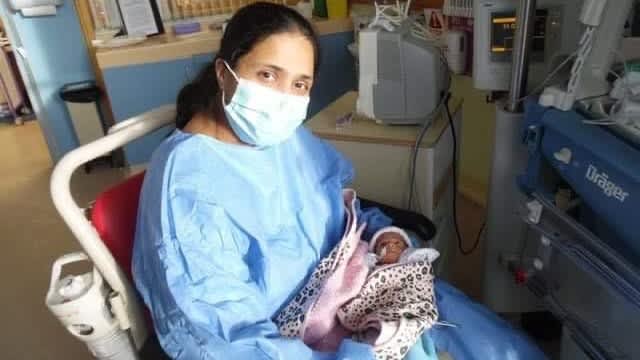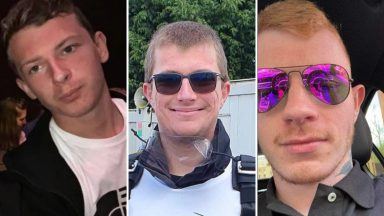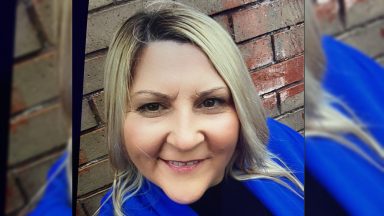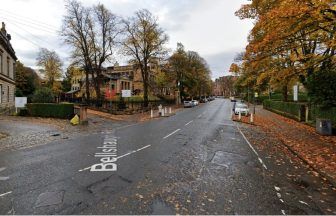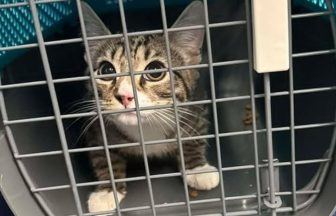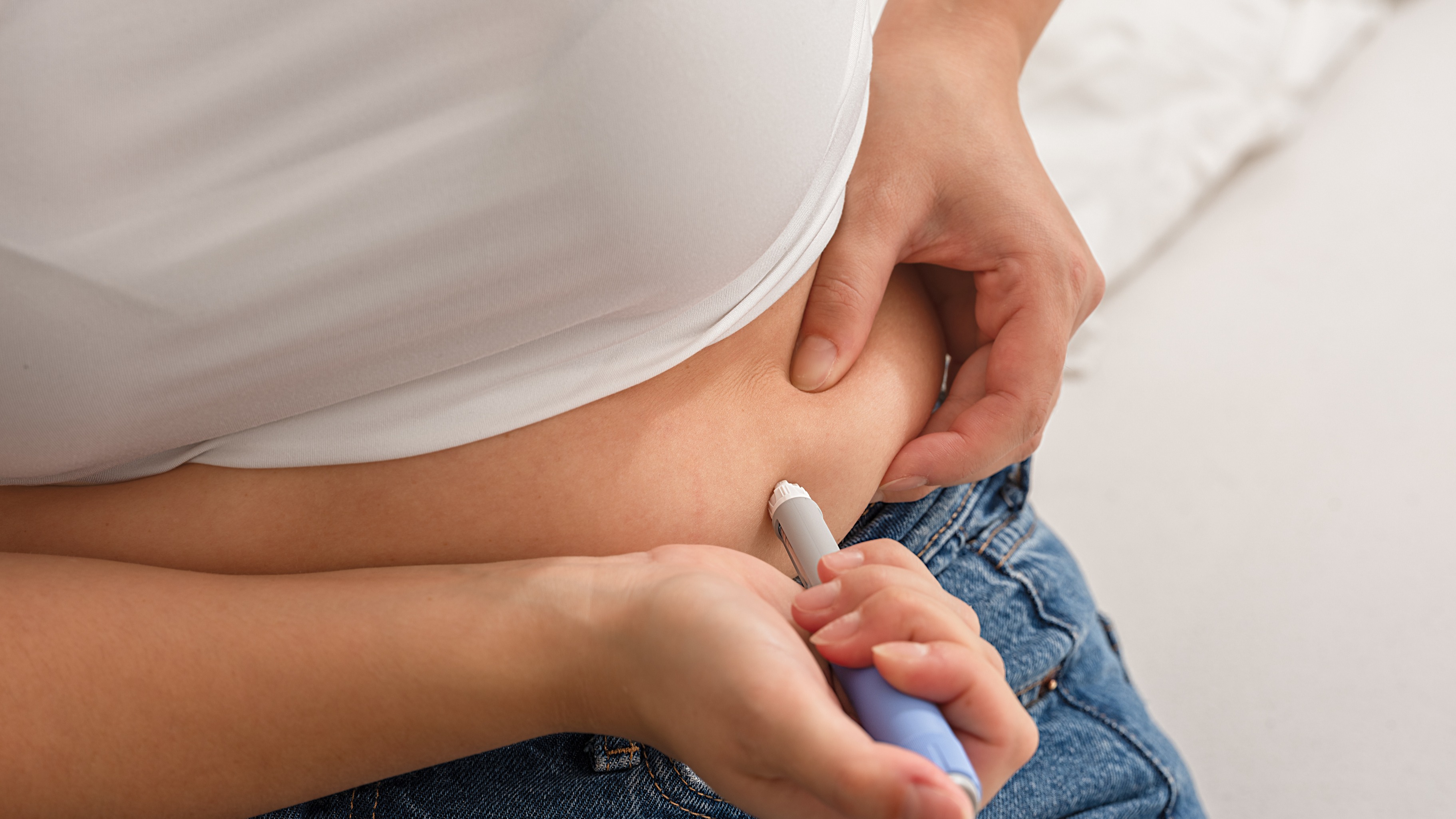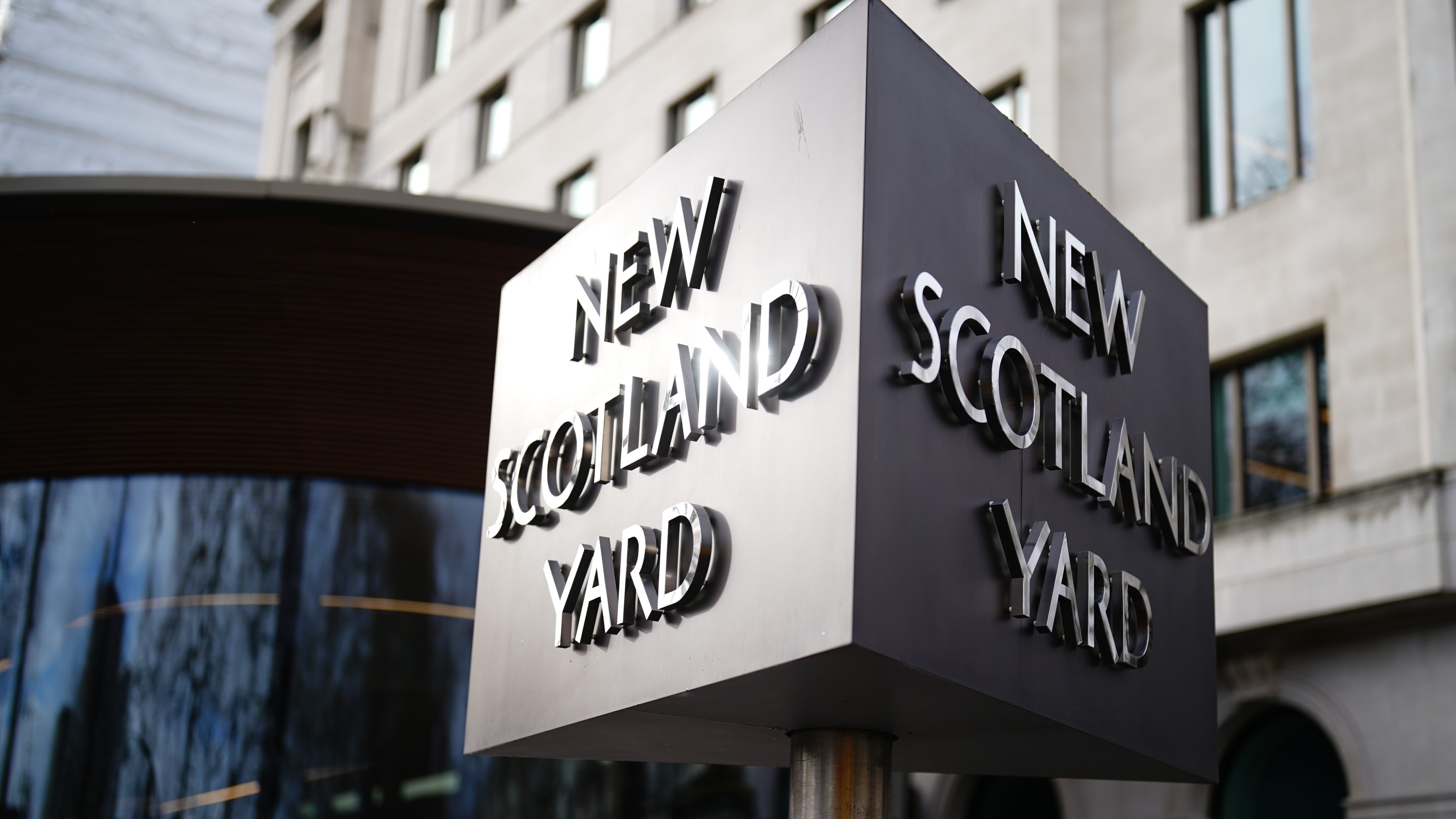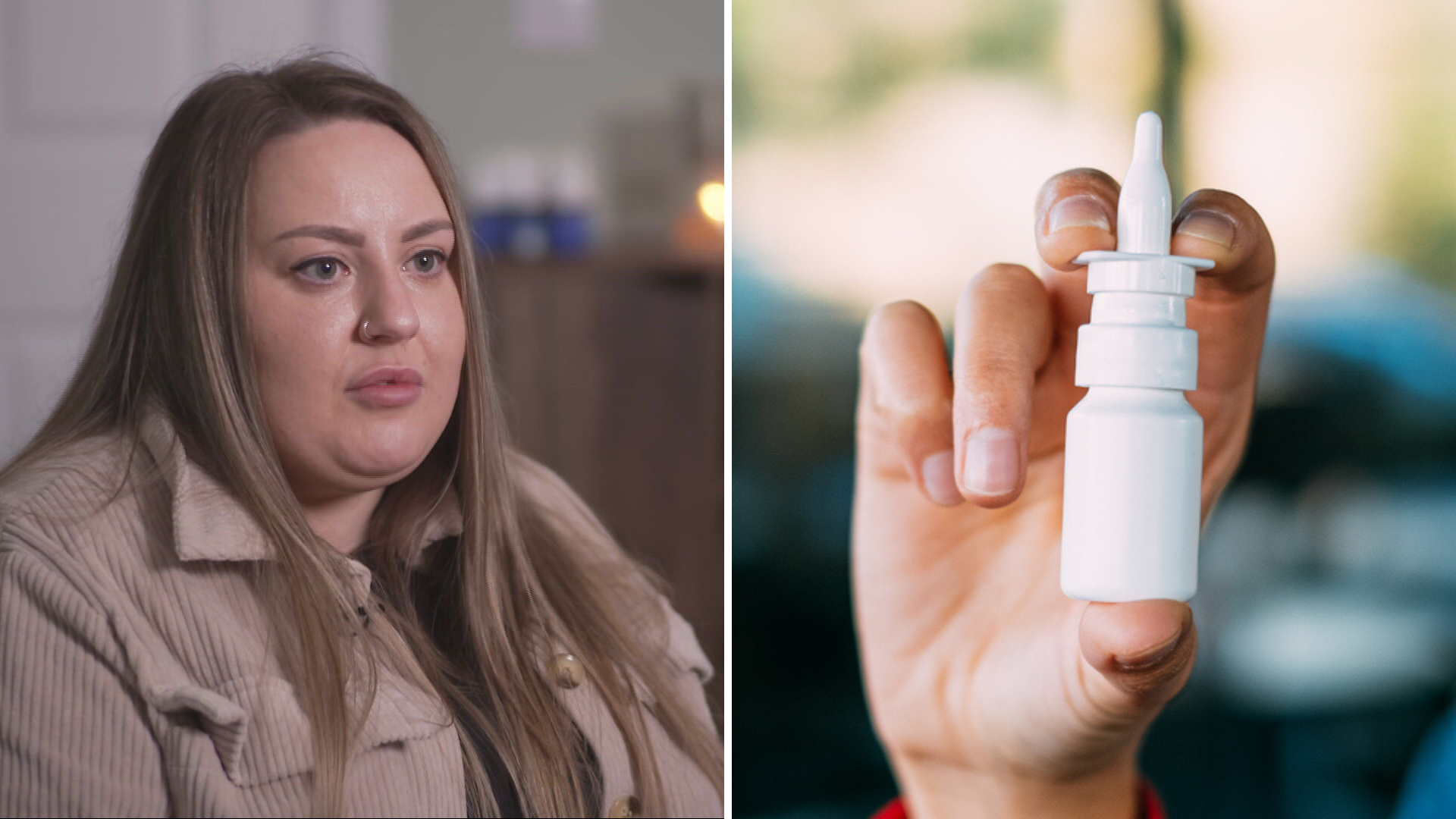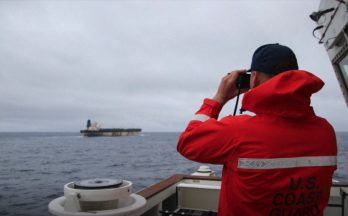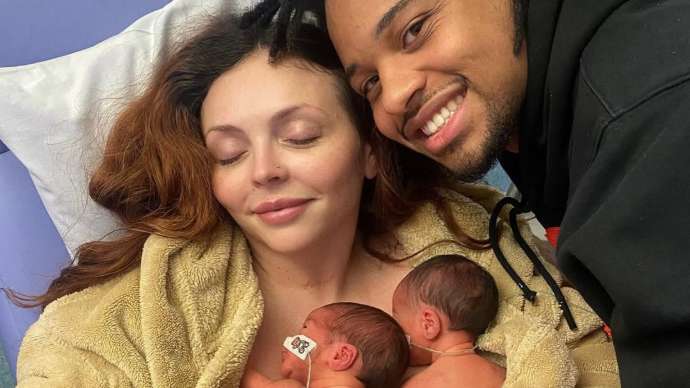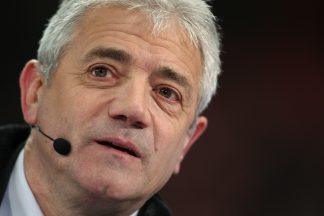A nurse whose baby was delivered whilst she was in intensive care during the pandemic has said it was “traumatic”.
Rose Jimmichen was 29 weeks pregnant when she was admitted to Scunthorpe General Hospital with Covid in December 2020.
Whilst there, her condition rapidly deteriorated, and on 9 December she had an emergency caesarean and daughter Catherine was born, weighing 2lbs 6oz.
Now, more than two years later, she says it’s still very difficult to reflect on that time.
The nurse, who works at Scunthorpe General Hospital, said she feared she might not survive.
“It was a traumatic experience”, says Rose.
“Catherine was born and they showed me Catherine but I couldn’t even remember that much.”

After the birth, Ms Jimmichen was only able to see her daughter on a video call and it wasn’t until after Christmas that she was able to hold her again.
“She was moved to a neonatal intensive care unit and I was on the other side of the hospital in intensive care.
“Thinking back to that time, it’s not fair, what I went through, it’s just not fair and I really had a rough time.”
Ms Jimmichen has since thanked Scunthorpe General Hospital for their care, saying staff saved her and her daughter’s life.
“Everyone tried their best to make me feel good. Everybody really supported me and Catherine.
“I am very grateful that I’m here today,” she said.

Now, the mother-of-four wants to encourage other mothers to speak up and get help if they are struggling.
“Yes, I have been through all of this but I have had everyone’s support, my family, my work family, my colleagues, friends and the NHS. Everything put me in the right place,” she said.
Since being discharged from hospital Ms Jimmichen has had rehabilitation and mental health support to help her deal with the trauma.
Postnatal post-traumatic stress disorder (PTSD), known as birth trauma, can be experienced when people have long, difficult and complicated childbirths.
Dr Kim Thomas set up The Birth Trauma Association charity in 2004 to support families suffering from birth trauma.
She told ITV News it can often leave parents feeling afraid, guilty and helpless, and can affect people for years.
“We’ve had women come into us in their 40s and 50s.
“The oldest we’ve had come to us was in your 80s still experiencing flashbacks, for example, on birthdays, anniversaries tend to kind of bring back all those feelings.
“It makes me really sad because a lot of those women didn’t get diagnosed at the time and I’ve lived through this for years and years.”
The NHS said it is expanding mental health support services for new mums.
An NHS spokesperson told ITV News: “During the pandemic, all specialist community and inpatient perinatal mental health services remained open, and record numbers of women in England are now benefitting from these services, with an estimated 51,000 new mums treated over the last year – up nearly 60% compared to two years ago.
“Services in England continue to expand and increase in scope, including new maternal mental health services for women experiencing mental health difficulties arising from, or related to, their maternity experience.”
For more support for PTSD and birth trauma go to:
Follow STV News on WhatsApp
Scan the QR code on your mobile device for all the latest news from around the country


